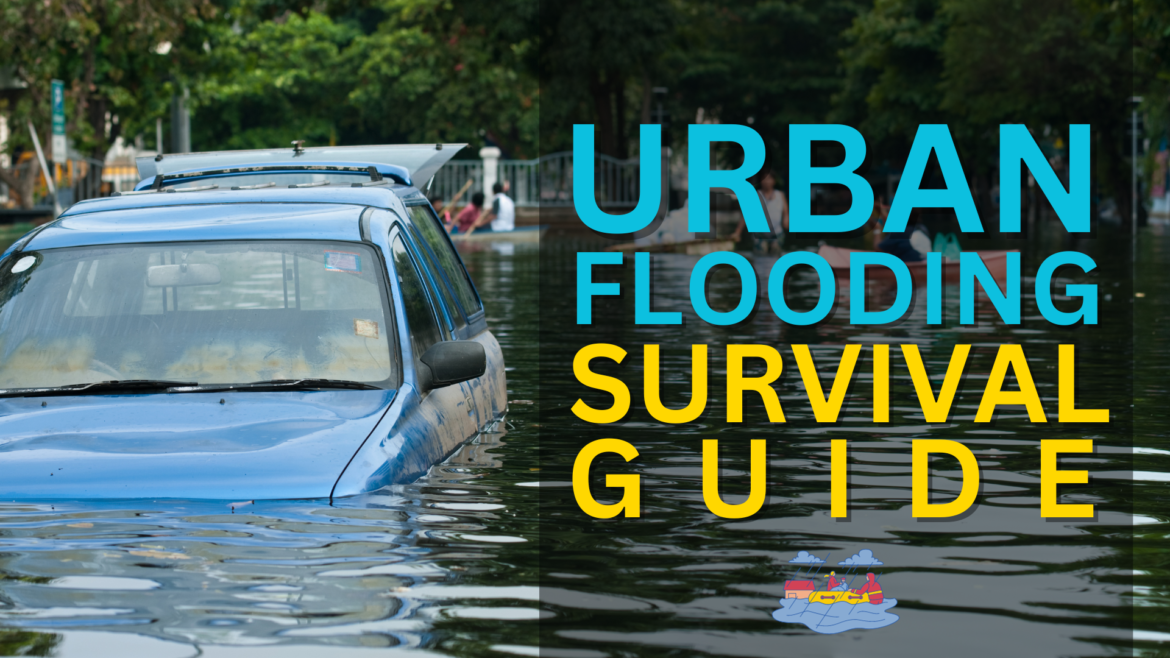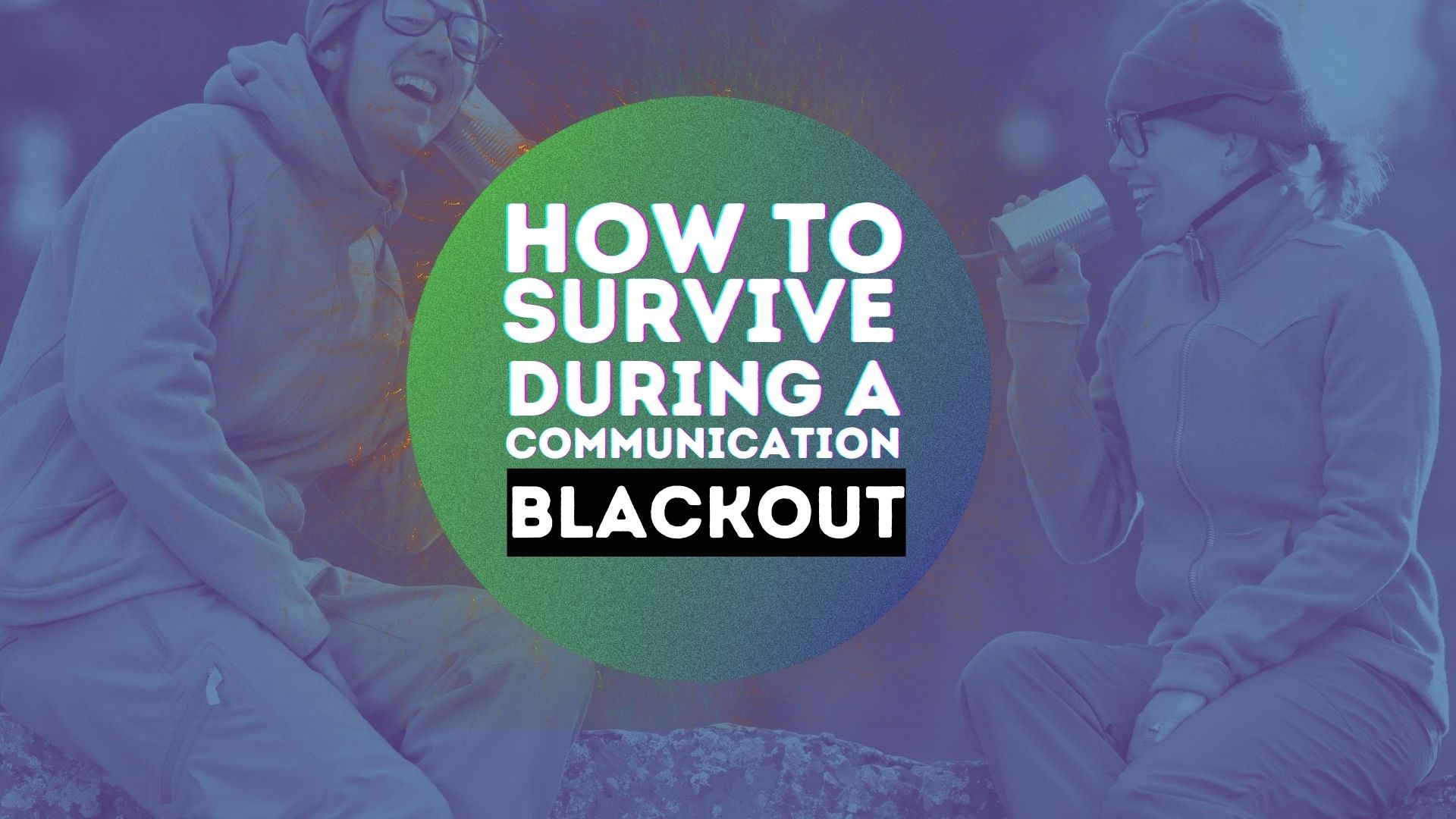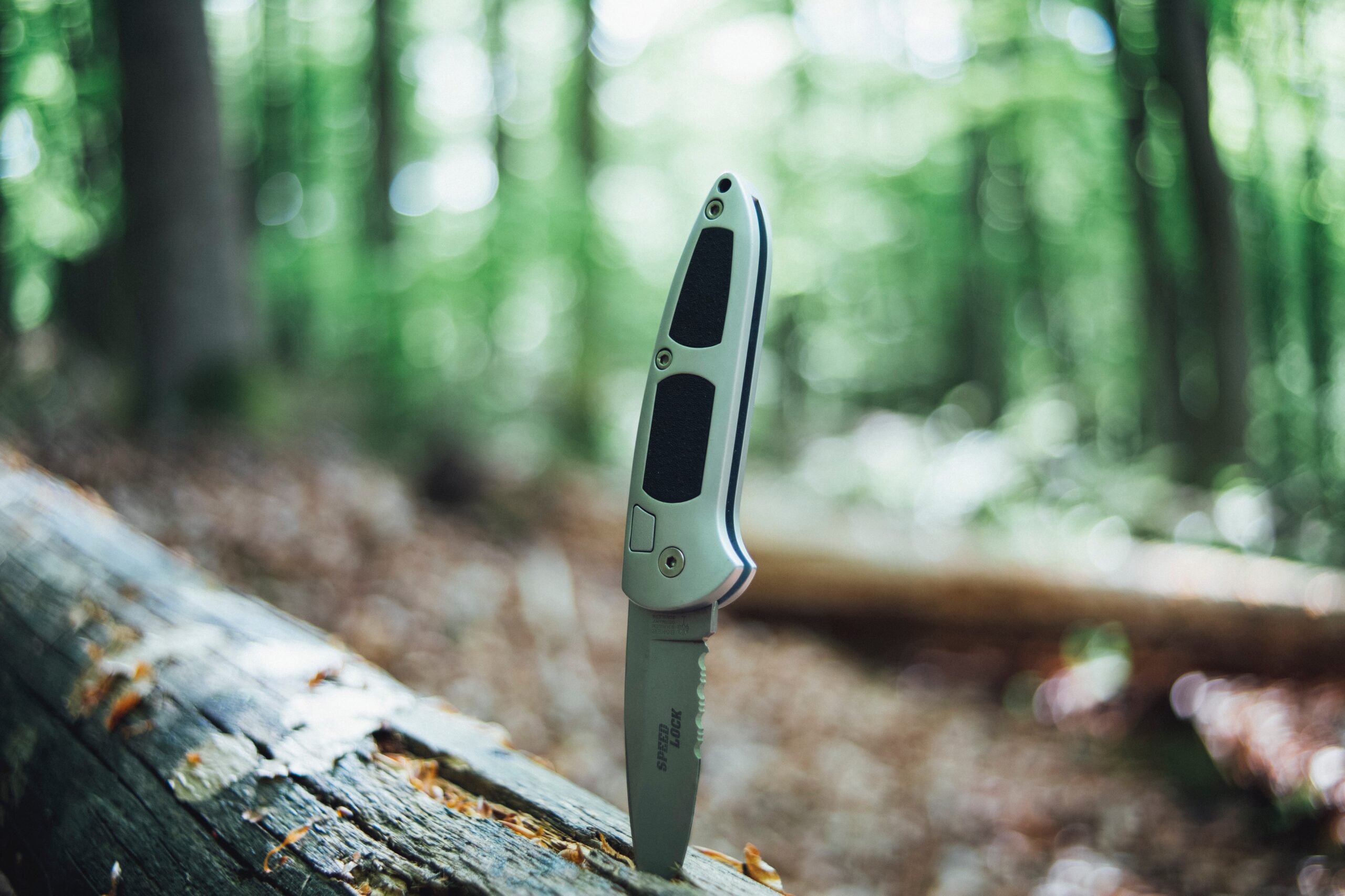When it rains hard, the sewers can’t handle all the water so it backs up and floods the streets. That’s urban flooding. Urban flooding can quickly turn into a flash flood that can end up destroying property and lives if people don`t take precautions. Which is why we have prepared these 10 urban flooding survival tips that you can prepare for, in case of an urban flooding survival scenario.
It’s caused by the same thing that causes regular flooding—too much rain in too short a time—but the difference is that with regular flooding, the water has nowhere to go but onto your property. With urban flooding, the water has somewhere to go: into the street. And when it does, it can carry all sorts of pollutants with it, including trash, oil, and sewage.
So not only is urban flooding a nuisance, it’s also dangerous. Urban flooding can occur quickly and unexpectedly, so it’s important to know what to do if it happens to you.
Here are 10 tips to help you survive an urban flood.
1. Move to higher ground immediately.
Flood waters can rise rapidly and you could be at risk of being swept away or drowned if you don’t get to safety quickly.
Keep monitoring your local area. Check for ponding sites and breaches of near by dams or reservoirs. Staying alert is the first step of survival in an urban flooding.
The moment you notice that water levels are starting to rise, you should get your bug out bag and leave the area if possible and head to higher ground.
2. Avoid moving water.
Even just a few inches of moving water can knock you off your feet, and fast-moving water can be incredibly dangerous. If you can’t avoid it, try to cross it as quickly as possible.
3. Avoid powerlines.
Flood waters can be electrically charged and pose a serious risk of electrocution.
Each year many people die due to electrocution during rain in many cities. Karachi, the port city of Pakistan has been particularly in news, as 10 to 20 people die of electrocution during rain each year.
To avoid electrocution, always ensure that electrical equipment is properly grounded and insulated. If possible, avoid using electrical equipment outdoors in wet conditions. If you must use electrical equipment in the rain, wear rubber gloves and rubber-soled shoes to insulate yourself from the ground.
Never touch electrical equipment with bare hands or feet, and never stand in puddles or pooled water when using electrical equipment. By following these simple safety precautions, you can help prevent electrocution in the rain.
4. Be aware of the risk of snakes and other animals.
Flood waters can bring all sorts of dangerous creatures into your vicinity, so it’s important to be aware of the possibility and take precautions accordingly.
5. Drink only clean water.
Flood waters can contaminate water sources, so it’s important to only drink water that you know is safe. If you’re unsure, boiling water for at least one minute will kill most bacteria and make it safe to drink.
6. Watch out for debris.
Flood waters can carry all sorts of debris, including large pieces of furniture and even vehicles. This debris can cause serious injuries if it collides with you, so it’s important to be aware of your surroundings and avoid areas where there is a lot of debris.
If you see any large pieces of debris floating towards you, move out of the way as quickly as possible. And if you see any vehicles floating in the water, do not try to approach them or get inside, as they could easily be swept away by the current.
7. Be cautious when re-entering buildings.
Re-entering a flood-damaged building can be extremely dangerous. Flood waters can damage the structure of a building, making it unsafe. Even if the building appears to be structurally sound, there may be hidden hazards that could put you at risk.
Before re-entering a flood-damaged building, be sure to check for structural damage and be cautious of any potential hazards. If you must re-enter a building, be sure to wear protective clothing and equipment, and be prepared to evacuate immediately if the situation deteriorates. Remember, safety always comes first.
8. Avoid contact with flood water if you have open wounds.
If you have any open wounds, it’s important to avoid contact with flood water. Flood waters can contain all sorts of bacteria and other contaminants that can cause serious infections.
When you have a wound that needs tending, it’s important to take whatever steps you can to protect it from further harm. And one simple way to do that is to wrap the wound in plastic bags.
The main reason you want to do this is to keep flood water out. Flood water can contain all sorts of bacteria and other contaminants that could make your wound even more infected. By wrapping it tightly in plastic, you create a barrier that will help keep the water out.
In addition, the plastic will also help to keep the wound clean and dry. This is important because a clean and dry wound heals much faster than one that is constantly exposed to dirt and moisture.
So if you find yourself in a situation where you need to treat a wound, don’t forget to reach for the plastic bags. They could be just what you need to help your wound heal quickly and avoid further infection.
If you do come into contact with flood water, wash the affected area immediately with soap and clean water. And be sure to see a doctor if you develop any signs of infection, such as redness, swelling, or pus. Remember, it’s always better to be safe than sorry when it comes to your health!
9. Get vaccinated against tetanus.
Tetanus is a serious bacterial infection that can be contracted through contact with contaminated water or soil. If you haven’t been vaccinated against tetanus, now is the time to do so.
10. Stay informed and follow the advice of authorities.
In the event of an urban flood, it’s important to stay informed and follow the advice of authorities. This will help you stay safe and make the best decisions for your situation. Pay attention to local news and weather reports so you know what’s happening and what to expect. If evacuation orders are issued, follow them immediately. Don’t try to drive through floodwaters – turn around and go another way. And if you’re trapped in your car, get out and move to higher ground as quickly as possible.
Stay away from power lines and electrical equipment, and don’t touch anything that’s wet. Urban floods can be dangerous, but if you stay calm and follow the advice of authorities, you’ll be able to navigate them safely.




